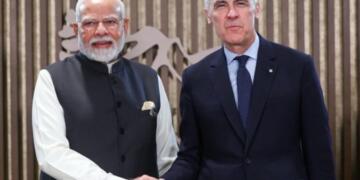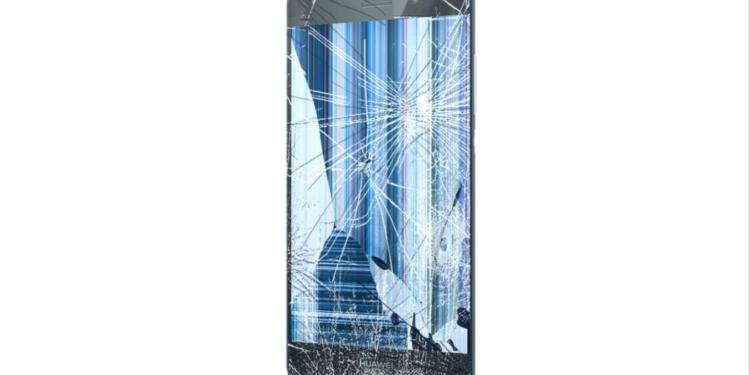Last year, Huawei, the Chinese smartphone maker had taken over the American giant Apple as the second largest smartphone maker in the world trailing behind the South Korean giant- Samsung. In the second quarter of 2018 Huawei’s sales jumped 41% to 54.2 million (5.42 crores) units, from 38.5 (3.85 crores) million during the same period of 2017. The global market share of Huawei increased to 15.8% in the quarter, a sharp increase from 11.0% a year earlier.
But the fortunes of Huawei moved southwards in the last one year. The sales & marketing division of the company estimated a drop of anywhere between 40 million (4 crores) to 60 million (6 crores) this year. In 2018, the company sold 200 million units (20 crores) driving on robust performance in the international market. However, the sale in the international market is expected to decline by 40 to 60 percent this year, given the suspicion over security issues.
The experts have suggested that the company might withdraw its marquee overseas label, the Honor 20. Some of the largest carriers in France and the UK have not included the flagship unit in their cards and the management might cut off the shipments if the sale is poor. Honor 21 will be launched in Europe by June 21. The Trump administration has been pressurizing its European allies to sever ties with Huawei. Although the European Union hasn’t blacklisted the Huawei, some countries have expressed reservations and might introduce regulations that could severly impact the Chinese smartphone giant.
Last month, US blacklisted Huawei over the charges of espionage and doing business with Iran. The company was hit hard due to ban as it could no longer do business with American companies which are an integral part of its manufacturing ecosystem. The components and software like Google Android system could not be updated. The important apps like Google Maps and Gmail will not run on Honor 20 due to US ban.
“Huawei will lose access to Play Store and key Google apps like YouTube and Gmail. Users will have to sideload or look for alternative app stores,” said Counterpoint analyst Tom Kang. “The impact on emerging markets will vary. However, Europe, Japan, and Latin America will be heavily affected,” he added.
To compensate for the loss in the global market, the company plans to expand aggressively on the domestic front. The present market share of Huawei is between 30-35 percent and it will increase to 45 percent in the next few years.
The company has asked the Indian government to allow its 5G trials. “We cannot wait no more for selection (of Huawei to participate in the 5G trials)… or for 5G trials to start,” said company’s India CEO Jay Chen. However, Indian government is yet to give permission as many countries over suspicion of transferring the critical security data to Chinese government.
According to Bloomberg Opinion columnist on National Security and Foreign Policy, Eli Lake, “Donald Trump’s ban on Huawei is needed as there has been ample evidence of the tech company collecting intelligence via its tech in the US.”
In last December last year, Huawei vice-chairwoman and CFO Meng Wanzhou, daughter of company founder Ren Zhengfei, was arrested in Canada on American request. She was extradited to the United States over charges of Iran sanctions violation. US Department of Justice has filed financial fraud charges against her in January this year.
The Espionage and security concern over Huawei has been responsible for the downward spiral of the company. Huawei gave unauthorized access of private data of users around the world to the People’s Liberation Army. The political parties and governments across the world have discussed the security breach by the company. Few governments including the US has taken action while almost all political establishments have become more careful with the company.

























